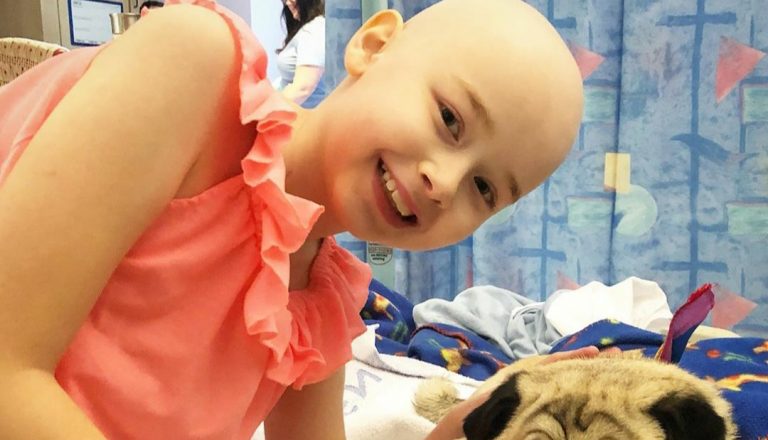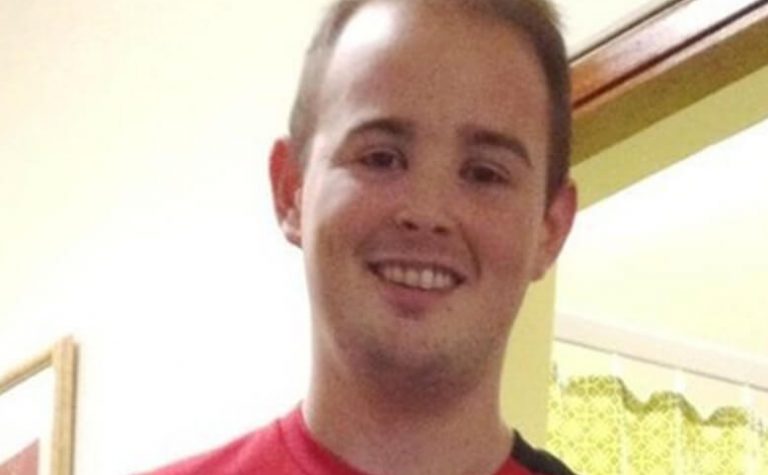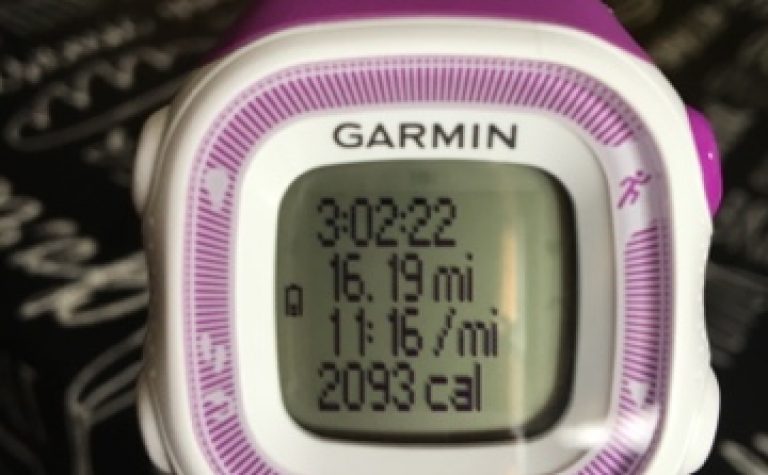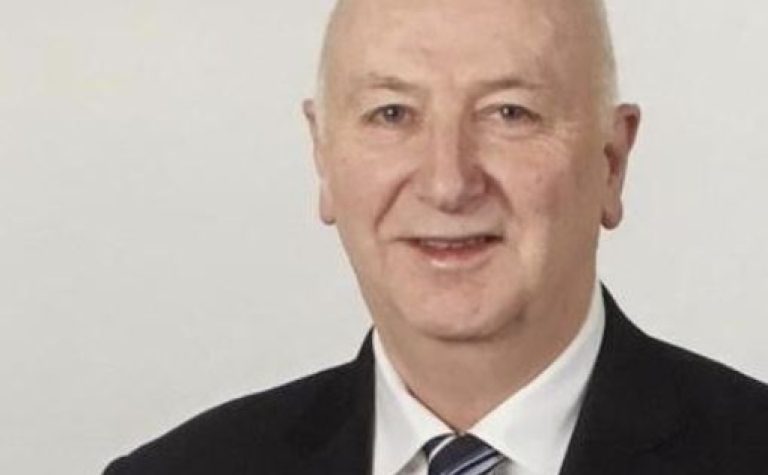According to research conducted by
Bone Cancer Research Trust, one in four primary bone cancer patients (26%) wait more than seven months to receive a diagnosis and 13% wait more than a year. Cases are often mistaken for growing pains or sporting injuries. Ten-year-old Abigail Frechou, from Oldham, Manchester, who was diagnosed with Ewing sarcoma, a type of bone cancer, in June 2019 is one such case. It took Abigail one year to receive her diagnosis, after a GP in June 2018 dismissed pain in her legs for growing pains. When her pain worsened, Abigail’s mum, Ellie, took her to an A&E and a series of X-rays and biopsies revealed she had bone cancer. Her treatment consisted of intensive chemotherapy and radiotherapy as well as surgery to remove the right side of her pelvis. On the importance of earlier diagnosis, mum, Ellie Frechou, 44, commented:
If Abigail’s cancer had been caught earlier it may not have spread to her neck and she may not have lost as much of her pelvis. She is also at risk of secondary cancer from the treatment she received as it was very aggressive. There are lots of physical activities Abigail is now unable to do, she has had to learn to walk again, and she is now classed as disabled. However, she is so determined and she tries to not let this her stop her – she is always looking forward.
Abigail finished her treatment on 1 March this year and began shielding due to Covid-19. The pandemic has also meant she has not been able to have physiotherapy or hydrotherapy at hospital to help her rehabilitate from the surgery to her pelvis.
Abigail has been really upset about the Covid-19 pandemic because she was looking forward to normality and getting her life back and the virus has stopped that. If she had one wish it would be there was no virus. She was desperate to get back to school but she has had to go straight from treatment into shielding, Ellie said.
In an effort to reduce delays in diagnosis, and save young lives, Bone Cancer Research Trust and Children with Cancer UK have launched the ‘Bone Cancer Awareness Initiative’. The educational campaign aims to raise awareness of the signs and symptoms of primary bone cancer. Early diagnosis of the disease dramatically increases survival rates and reduces the need for potentially life-altering treatment and surgery. The charity-led initiative is targeted at UK health professionals – from medical students to GPs and physiotherapists – and aims to provide key workers with the knowledge and tools to identify a case of primary bone cancer and guidance on confirming or ruling out a diagnosis. Dr Zoe Davison, Head of Research, Information & Support, Bone Cancer Research Trust, said:
GPs currently receive no dedicated training on the signs and symptoms of bone cancer, despite 10-year survival rates of around only 50%. Through this 100-day initiative we will equip GPs and other key healthcare professionals with the knowledge they need to make accurate and timely referrals so that patients are given the best chance of survival and improved outcome.
Mark Brider, CEO of Children with Cancer UK said:
Currently almost 30% of children under 14 receive their bone cancer diagnosis after attending A&E– a statistic that we simply cannot accept and are determined to change. Early diagnosis can be the difference between life and death – we are committed to saving as many children’s lives as possible from this devastating form of cancer.
Bone cancer statistics - Primary bone cancer is a rare form of cancer that begins in the bones
- Around 550 new cases are diagnosed each year in the UK
- Primary bone cancer has a 10-year survival rate of around 50%
- The most common types are osteosarcoma and Ewing sarcoma which mostly affect children and young people under 20
- Around 20% of primary bone cancer patients are diagnosed at A&E departments and not through GP referrals (Public Health England data, 2006-2016)
- One in four primary bone cancer patients (26%), wait more than seven months to receive a diagnosis and 13% wait more than a year (Bone Cancer Research Trust, Time to Diagnosis Survey, 2018).
Editors’ Notes Children with Cancer UK’s press office E: media@childrenwithcancer.org.uk
T: 0207 404 0808
M: 07 795 956 342
About Children with Cancer UK Children with Cancer UK is the leading national charity dedicated to research into childhood cancer. We fund research into the causes and treatment of childhood cancers and provide support for families affected by childhood cancer. We have accelerated breakthroughs to improve childhood cancer survival rates and find kinder, more effective treatments with fewer toxic side effects. This ground-breaking research, which would otherwise go unfunded, saves the lives of children with cancer.
About childhood cancer and Children with Cancer UK’s impact Every day in the UK, 12 children and young people are diagnosed with cancer. Fifty years ago, only 30% of children with leukaemia survived, and for most other forms of childhood cancer survival rates were even lower. Today, thanks to our supporters and the dedication of visionary researchers like those we fund, more than 80% of young patients can be successfully treated. More vital research is needed though as there are still a number of cancers affecting children and young people with low survival rates and life-limiting side effects. Cancer remains the single largest cause of death from disease in children and young people in the UK.



